Successfully managing bookkeeping and accounting as a real estate agent is a crucial part of keeping your business profitable. Whether you’re an independent contractor as part of a large brokerage or an independent, streamlining your monthly workflow is important so that you can manage your time, track large payments and expenses, and prepare to meet your tax obligations.
Software for Automation & Efficiency
To ensure you track your expenses, receive payments, process payroll, and stay current on tax obligations, accounting software is a must. The time you save on a monthly and yearly basis is well-worth the cost and time spent learning technology and incorporating new habits into your day-to-day routine.
While there are many options out there to help you develop a healthy chart of accounts and tackle all of your needs, our firm prefers QuickBooks Online. Among other benefits, QuickBooks Online allows you to add an accountant user to help free up even more of your time while ensuring your books are up to date and accurate.
Streamlined Chart of Accounts
Despite tracking large sales and often pricey marketing budgets, the chart of accounts you need to successfully manage your business as a real estate agent is relatively simple. Make sure you have income and expense categories for the following:
Real estate association dues and fees
Education expenses
Office expenses
Advertising and marketing expenses
Vehicle and mileage costs
Commission income
While you can always add more accounts, these are the core income and expense categories you’ll need to most adequately track financial activity for your business. You can, of course, always create subcategories within these accounts to reflect more granular data, as it’s sometimes better to have more information on financial reports throughout the year to help you make important decisions.
Track Your Deductions
Part of building a streamlined chart of accounts is providing adequate documentation to track deductions. Doing so can save you time on tax preparation and tax planning, and reduce your overall tax obligation.
Remember to track things like vehicle maintenance and mileage, as well as home office use. You can also likely deduct expenses such as meals, website fees, and more expensive equipment purchases.
Your choice of business entity can also determine the deductions and tax strategies available to you. For example, many real estate agents organize as S Corporations, allowing them the option to avoid the self-employment tax on a reasonable percentage of their income that they’d otherwise be subjected to if organized as a sole proprietorship or single-member LLC. While each entity comes with it’s own list of nuances, exploring the pros and cons of each is worth the effort and something we can certainly help with.
Differentiate between Personal & Professional
No matter which business entity you’ve chosen, differentiating between your personal and professional finances is key. Setting up clear boundaries between personal and professional finances make reviewing your transactions and tracking your income and expenses much more manageable. It also makes the occurrence of an IRS audit much less “taxing” than it might otherwise be, and protects certain entity types from any kind of disregarded status in the courts.
To create separation in your finances, consider using a business credit card for all purchases and maintaining separate bank accounts for business and personal purposes. Also consider implementing an accounting system as part of the separation exercise. This major step can save a significant amount of time for your accountant, tax preparer, and yourself throughout the year.
Next Steps
Implementing small changes in your real estate business can set you up for significant improvements over time. If you’re interested in learning more about differentiating your finances, streamlining your workflows, or tax planning, feel free to contact us. We’re happy to help.

